Heat: Propane vs. Electric - Thoughts?
liptonjl
16 years ago
Related Stories
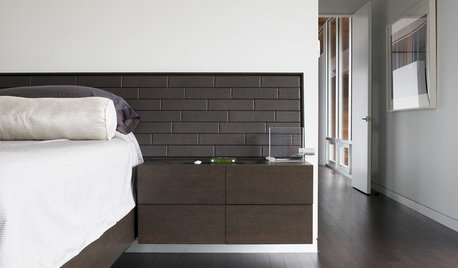
FLOORSFloors Warm Up to Radiant Heat
Toasty toes and money saved are just two benefits of radiant heat under your concrete, wood or tile floors
Full Story
GREAT HOME PROJECTSHow to Add a Radiant Heat System
Enjoy comfy, consistent temperatures and maybe even energy savings with hydronic heating and cooling
Full Story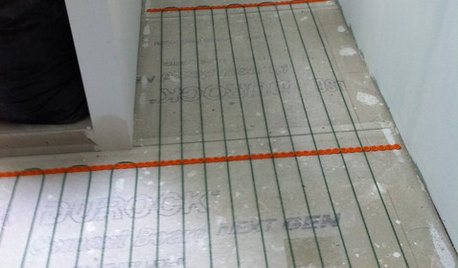
BATHROOM DESIGNWarm Up Your Bathroom With Heated Floors
If your bathroom floor is leaving you cold, try warming up to an electric heating system
Full Story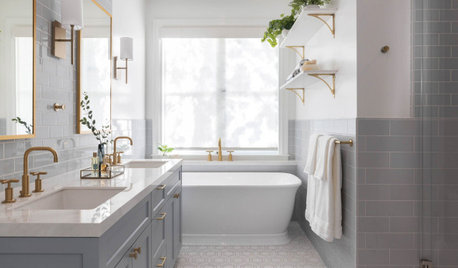
FLOORSWhat to Ask When Considering Heated Floors
These questions can help you decide if radiant floor heating is right for you — and what your options are
Full Story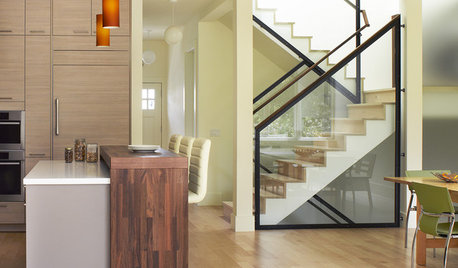
FLOORSIs Radiant Heating or Cooling Right for You?
Questions to ask before you go for one of these temperature systems in your floors or walls (yes, walls)
Full Story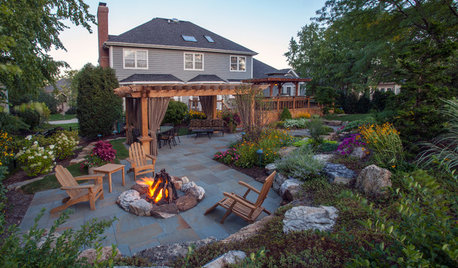
GARDENING AND LANDSCAPING3 Ways to Bring the Heat to Outdoor Living Spaces
Here’s what to know about surviving winter’s bite with an outdoor fireplace, fire pit or heat lamp
Full Story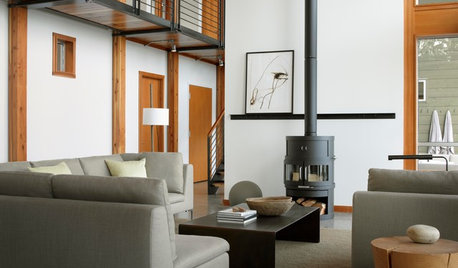
REMODELING GUIDESClean-Burning Woodstoves Ignite a Greener Heating Trend
No need to rely on oil or gas to heat your home — new woodstove designs burn cleanly and are beautiful to boot
Full Story
ACCESSORIESEasy Green: Cut Electricity Use With 15 Unplugged Home Devices
Crank up the energy savings, courtesy of household items that come into power the old-fashioned way: manually
Full Story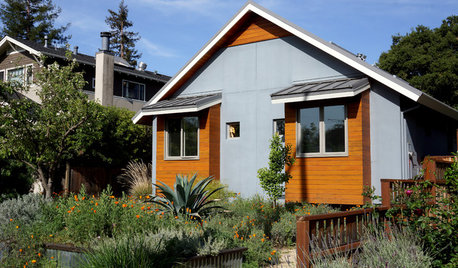
CONTEMPORARY HOMESMy Houzz: Living Simply and Thoughtfully in Northern California
Togetherness and an earth-friendly home are high priorities for a Palo Alto family
Full Story
GREEN BUILDINGInsulation Basics: Heat, R-Value and the Building Envelope
Learn how heat moves through a home and the materials that can stop it, to make sure your insulation is as effective as you think
Full Story





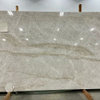


jessica07
oruboris
Related Professionals
Spring Valley Architects & Building Designers · Suamico Design-Build Firms · Lakeland South Home Builders · Saint Petersburg Home Builders · Santa Cruz Home Builders · Sarasota Home Builders · Brighton General Contractors · Country Club Hills General Contractors · Elgin General Contractors · Fridley General Contractors · Hampton General Contractors · Mountlake Terrace General Contractors · Port Washington General Contractors · Rock Island General Contractors · Rowland Heights General Contractorskelntx
booboo60
live_wire_oak
lyfia
kellyeng
bungeeii
ponydoc
sniffdog
liptonjlOriginal Author
marys1000
dragonfly_
lowellches
sniffdog
liptonjlOriginal Author
oruboris
stinkytiger
sniffdog
jessica07
bungeeii